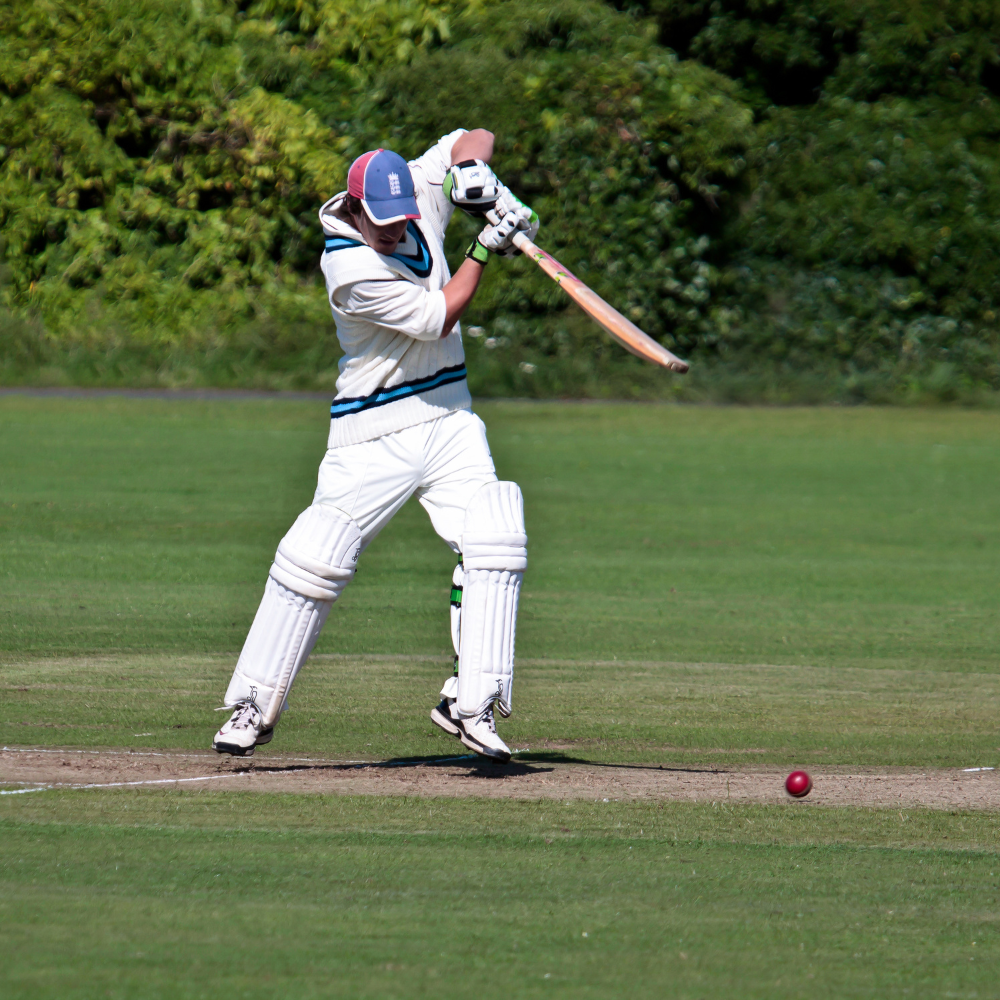Australia’s cricket star Usman Khawaja has announced that he will contest the International Cricket Council’s (ICC) reprimand for wearing a personalized armband during the second Test against India in Delhi. The armband, which Khawaja wore in support of his late teammate Phillip Hughes, who tragically died in 2014, sparked a minor controversy, with the ICC deeming it a breach of its clothing regulations.
The Armband and the Controversy
Khawaja’s armband featured the number 426, Hughes’ batting number, and the initials “PH”. While the gesture was widely praised for its sentimentality, the ICC ruled that it violated its regulations, which prohibit players from displaying personal messages on their kit without prior approval. The governing body offered Khawaja the option of removing the armband or facing disciplinary action, and he ultimately chose to comply with the ICC’s request.
Khawaja’s Appeal and Rationale
However, Khawaja has now decided to appeal the ICC’s reprimand. In a statement released on Friday, he explained his decision, stating that he believes the armband was not a commercial message but a personal tribute to a close friend and teammate. He further argued that the ICC’s regulations are too restrictive and should allow for such gestures of respect and remembrance.
“I understand the ICC’s regulations and respect their authority,” Khawaja said in his statement. “However, I believe that in this instance, the armband I wore was not a commercial message or political statement, but simply a way for me to pay tribute to a dear friend and teammate who is no longer with us. I feel that the ICC’s regulations should allow for some flexibility in such cases, where players want to express their personal feelings in a respectful manner.”
Reactions and Potential Repercussions
Khawaja’s appeal has garnered mixed reactions. Some have supported his stance, arguing that the ICC should show more leniency in such cases. Others have defended the ICC’s regulations, highlighting the need for fairness and consistency in enforcing the rules.
The outcome of Khawaja’s appeal could have wider implications for cricket players and the ICC’s regulations. If his appeal is successful, it could pave the way for more flexibility in the use of personalized messages on playing attire. However, if the ICC upholds its reprimand, it could send a strong message that players must strictly adhere to the existing regulations.
Beyond the Controversy: A Larger Conversation
The controversy surrounding Khawaja’s armband has also sparked a broader conversation about the ICC’s role in regulating player behavior and expression. Some argue that the governing body should focus on upholding the spirit of the game rather than enforcing technical rules to the letter. Others believe that the ICC has a responsibility to ensure fairness and consistency in its decision-making.
Ultimately, the debate surrounding Khawaja’s armband is a reminder of the complex relationship between sport, personal expression, and governing bodies. While the ICC has a responsibility to uphold its regulations, it must also consider the human element and allow for some degree of flexibility in certain situations. As this case unfolds, it will be interesting to see how the ICC balances its responsibilities and whether Khawaja’s appeal opens the door for a more nuanced approach to player expression in the future.
